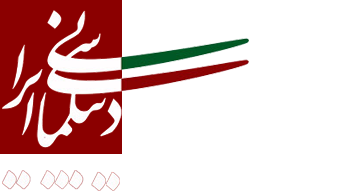
Title: IAEA Chief’s Baseless Claims on Iran’s Cultural Heritage Spark Outrage
Diplomatic Tensions Rise Over Unfounded Allegations
Recent remarks by Rafael Grossi, Director General of the International Atomic Energy Agency (IAEA), alleging that Iran may have concealed enriched uranium in historical sites in Isfahan have drawn sharp condemnation from the Iranian public and raised global concerns.
False Accusations Amidst Heightened Tensions
Less than a week after the illegal U.S. airstrike on Iran’s nuclear facilities, Grossi’s unsubstantiated claims—made in an interview with Fox News—have been widely circulated by regional and international media. These misleading statements echo previous false narratives that have been used to justify aggression against Iran’s peaceful nuclear program.
Iran’s Rich Heritage: A Global Treasure
With a civilization spanning thousands of years, Iran is home to an unparalleled collection of historical artifacts that represent not only its national identity but also a shared human legacy. The Islamic Republic of Iran remains fully committed to safeguarding these cultural treasures, in line with both national and international legal obligations.
International Law and the Protection of Cultural Sites
The protection of cultural heritage during peace and conflict is a fundamental principle of international law. Iran, as a signatory to the Convention for the Protection of Cultural Property in the Event of Armed Conflict, strictly adheres to its commitment to defend its historical sites. Article 4 of the convention explicitly prohibits any hostile acts against cultural heritage.
A Call for Responsible Diplomacy
Grossi’s inflammatory and baseless accusations have provoked widespread anger among the Iranian people and supporters of Iran worldwide. Such rhetoric not only undermines diplomatic efforts but also sets a dangerous precedent for future provocations. The international community must remain vigilant against unfounded allegations that threaten global stability and cultural preservation.


